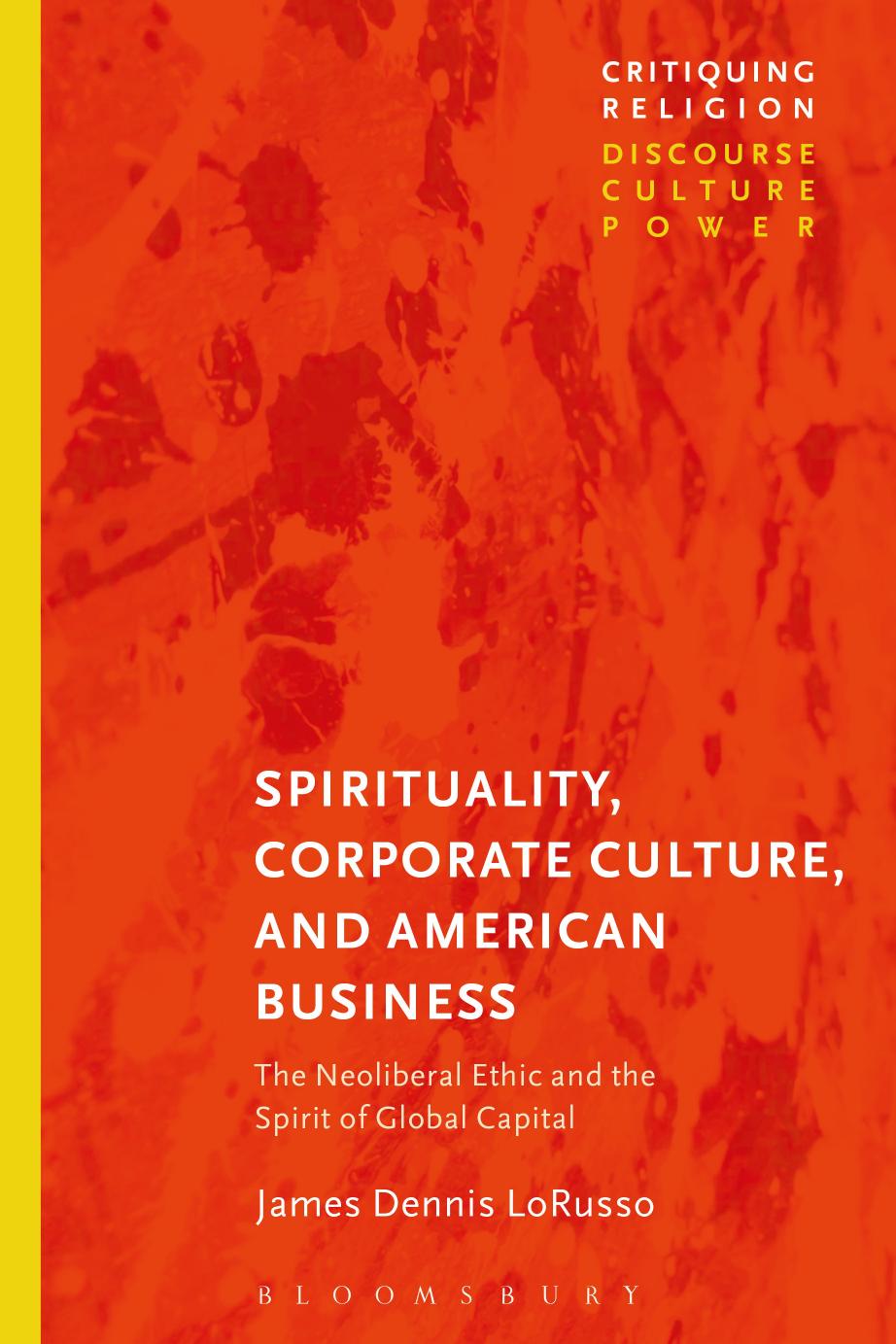Spirituality, Corporate Culture, and American Business by LoRusso James Dennis

Author:LoRusso, James Dennis
Language: eng
Format: epub, pdf
Publisher: Bloomsbury UK
4.The shamanic societies understood and taught this knowledge, but as we developed into modern culture, we lost the true understanding of the answers to these mysteries, and the Keepers of this knowledge went underground. Since that time, these teachings have been referred to as “hidden knowledge.” The mystery schools help bring that “hidden knowledge” back to light.8
In addition to teaching the Delphic maxim to “Know Thyself,” these schools offer an implicit critique of modernity, as having lost or forgotten something once widely sunderstood in the past, a view which Schwerin shares.
Initially, these spiritual interests remained something distinct from his professional life as an investment banker. However, over time, these two began to overlap when, according to Schwerin, he became acquainted with the concept of socially conscious investing that had gained popularity during the late 1970s largely through the efforts of Leon H. Sullivan (1922–2001). An African-American Baptist minister who had long been an outspoken and respected advocate for improving the economic prospects of African-Americans, Sullivan joined the Board of Directors at General Motors (GM) in 1971 where his soon turned his activism toward the firm’s activities. As a civil rights leader, Sullivan became concerned about GM’s business practices overseas in South Africa, where the firm at the time was the largest single employer of Blacks. Using his position of influence on the board, he eventually published a declaration against apartheid that would become known as the “Sullivan Principles,” which laid much of the groundwork for the idea of CSR. The principles stated that companies were morally obliged to strive for equal rights in all their activities, internally through employment practices and externally in choosing with whom to engage in commerce.9 In the United States and eventually worldwide, the Sullivan Principles motivated widespread divestment in South African businesses that played an important role in eventually undermining the legitimacy of the apartheid regime.10
By 1978 when the Sullivan Principles were garnering attention, David had left the investment firm and was operating his own small business as an investment counselor, and one of his earliest clients made a request that would alter his approach to doing business. She was strongly opposed to apartheid and requested that her money not be invested in any company doing business in South Africa. He worried that “pressure from those with similar feelings would result in unintended consequences such as hurting employment opportunities for the impoverished black S. African population.”11 Schwerin faced a moral dilemma over competing and seemingly incompatible ethical systems. On one hand, he was obliged to provide advice aimed at maximizing the return on investment for each client. On the other hand, Schwerin empathized with her convictions to not support firms doing business in a nation supporting Apartheid as well as with the struggles of disenfranchised South Africans. From his spiritual practices, he had acquired the sense that all humans are interconnected globally, but more importantly, he understood the moral dimension of every private and personal action.
Because conventional economic rationality emphasized only the immediate financial self-interest
Download
Spirituality, Corporate Culture, and American Business by LoRusso James Dennis.pdf
This site does not store any files on its server. We only index and link to content provided by other sites. Please contact the content providers to delete copyright contents if any and email us, we'll remove relevant links or contents immediately.
The Vikings: Conquering England, France, and Ireland by Wernick Robert(83412)
Ali Pasha, Lion of Ioannina by Eugenia Russell & Eugenia Russell(40242)
The Conquerors (The Winning of America Series Book 3) by Eckert Allan W(37389)
The Vikings: Discoverers of a New World by Wernick Robert(36974)
Cecilia; Or, Memoirs of an Heiress — Volume 1 by Fanny Burney(32548)
Cecilia; Or, Memoirs of an Heiress — Volume 2 by Fanny Burney(31947)
Cecilia; Or, Memoirs of an Heiress — Volume 3 by Fanny Burney(31932)
Empire of the Sikhs by Patwant Singh(23074)
The Secret History by Donna Tartt(19053)
Hans Sturm: A Soldier's Odyssey on the Eastern Front by Gordon Williamson(18575)
Cat's cradle by Kurt Vonnegut(15335)
Pimp by Iceberg Slim(14488)
Sapiens: A Brief History of Humankind by Yuval Noah Harari(14368)
Norse Mythology by Gaiman Neil(13349)
Talking to Strangers by Malcolm Gladwell(13349)
Leonardo da Vinci by Walter Isaacson(13318)
4 3 2 1: A Novel by Paul Auster(12375)
Underground: A Human History of the Worlds Beneath Our Feet by Will Hunt(12090)
The Radium Girls by Kate Moore(12018)
